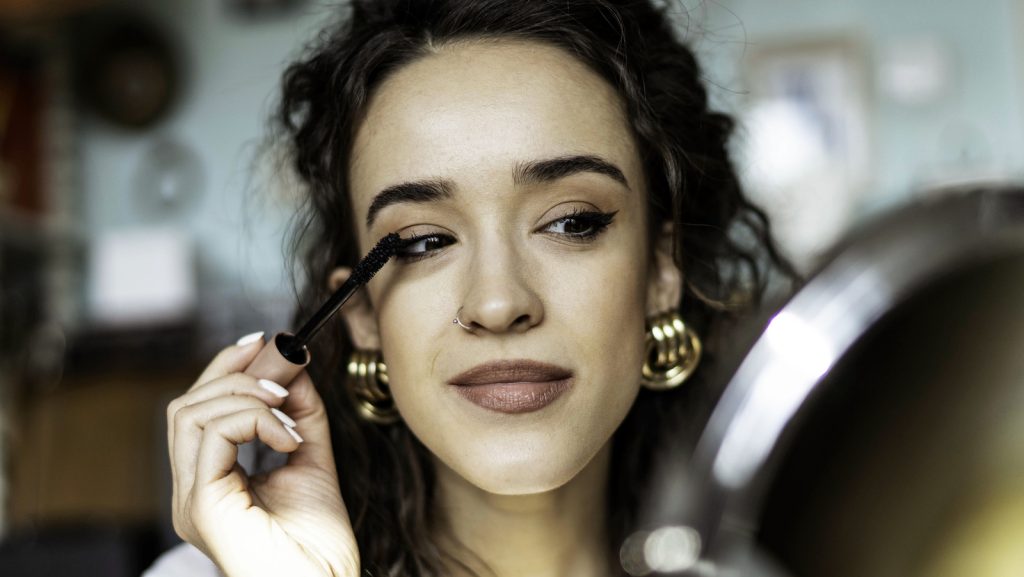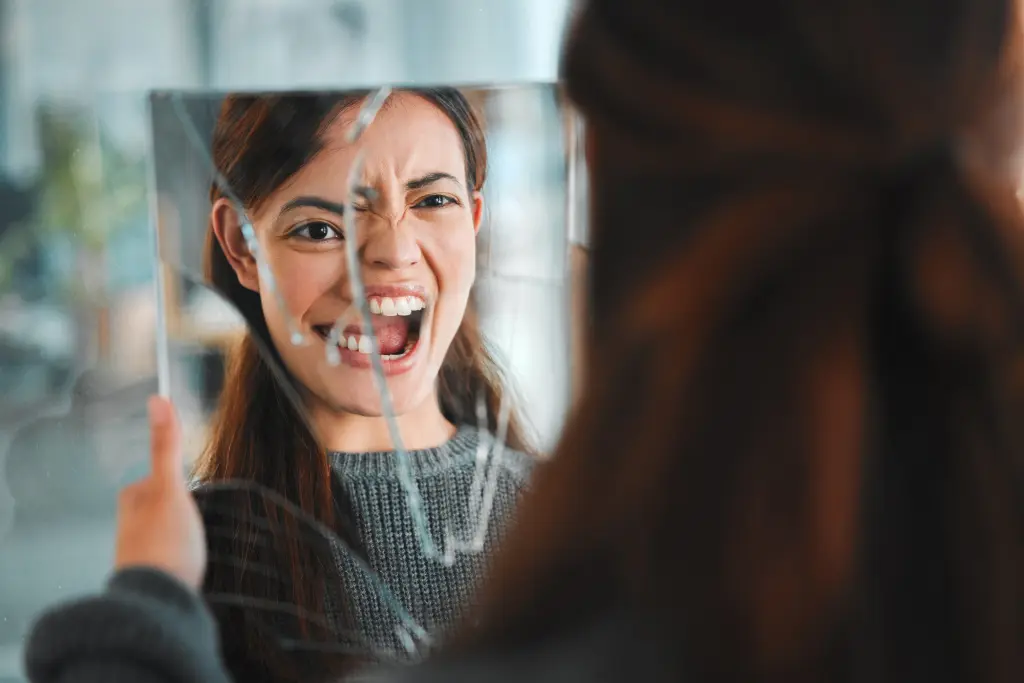Makeup and Personality

A study from the University of São Paulo examined the makeup habits of 1,410 Brazilian women across various social scenarios, including at home, on dates, in professional meetings, and while at the gym. Researchers then analyzed the participants’ personality traits, particularly focusing on the “Dark Triad”—narcissism, Machiavellianism, and psychopathy—as well as the Big Five personality traits.
The findings revealed a notable link between makeup use and specific personality traits. Women who scored higher in narcissism tended to wear makeup more often, especially in contexts where they wanted to leave a strong impression, like during dates or significant meetings. This behavior is consistent with the narcissistic desire for admiration and attention, often expressed through appearance.
Conversely, women with psychopathic traits generally wore less makeup, regardless of the social setting. This may be due to their disregard for societal expectations and a decreased need for external validation. The study indicates that women with psychopathic traits often rely on their charm and manipulation in social interactions, making makeup a less essential tool for them.
Psychopathy and Minimal Makeup Use

Narcissism and Makeup: A Tool for Attention

While a psychopath might avoid makeup, women with narcissistic traits tend to embrace it. Research consistently shows a link between narcissism and makeup usage. Women displaying high levels of narcissism often use makeup to attract attention and admiration. Narcissists typically enhance their appearance with purpose, especially in settings where they seek validation, like on dates or in professional environments.
This need for admiration motivates narcissistic women to put significant time and effort into their makeup routine, viewing it as an essential element of their “social toolkit.” Extroverted women also tend to wear makeup regularly, using it to boost their confidence in social interactions. However, unlike narcissists, extroverts keep a steady makeup routine across different situations, reflecting a consistent drive for social engagement.
Makeup as a Reflection of Personality

The Underestimated Prevalence of Female Psychopathy

Female psychopathy has frequently been undervalued, largely due to societal biases that link psychopathy predominantly to males. Conventional evaluations of psychopathy, which emphasize overtly antisocial or aggressive behaviors more typical in men, may miss how psychopathy presents in women. Women exhibiting psychopathic traits are more inclined to utilize verbal manipulation and emotional deceit instead of physical aggression, making their behaviors less recognizable.
Dr. Clive Boddy emphasizes that female psychopaths can represent a greater societal concern than previously acknowledged, especially in professional or leadership positions. Their charm, assertiveness, and lack of empathy enable them to manipulate circumstances without attracting attention to themselves. This underappreciation can result in serious repercussions, particularly in environments such as workplaces or personal relationships.
What Makeup Can Reveal About Personality


